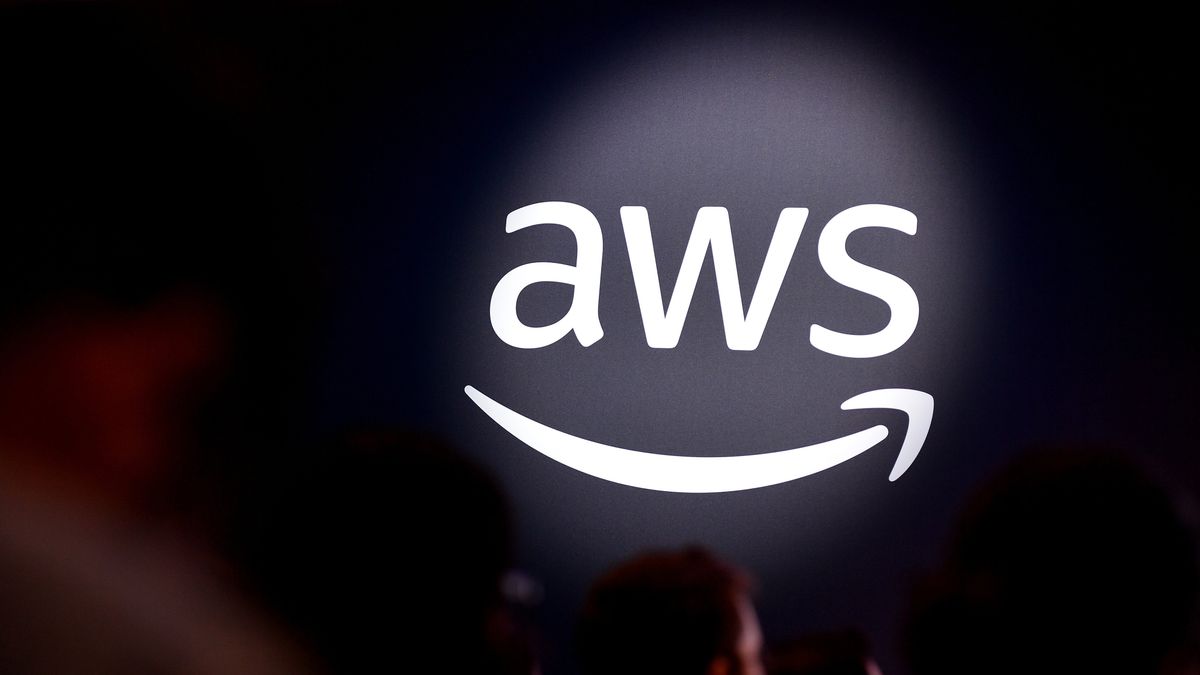Your big breakthrough. With a career in tech at Capital One, you’ll turn your ingenuity into impact. Their team of technologists combine design and data to inspire product vision. From data engineering to machine learning to cyber risk, align your skillset with the right tools—and a passion for building a better tomorrow. Join the Capital One team.
When Amazon Web Services (AWS) heard that some of its platform users struggled to hire qualified cloud-computing talent, it followed a familiar refrain: The customer is always right.
Indeed, AWS customers sparked the idea for the new AWS Cloud Institute, program director Kevin Kelly told Tech Brew in an interview. He said that the 12-course training program—set to begin its first rotation in January—aims to help fill open cloud-computing jobs worldwide.
The ballooning industry—responsible for over 5 million jobs by one estimate—encompasses roles that facilitate the remote, over-the-internet delivery of support services that used to be physically located on site (think filing IT desk tickets through an app instead of leaving your desk to find your company’s tech person on the fifth floor, or pinging an AWS server instead of one housed in your office building).
Public cloud-computing services accounted for over $250 billion in annual spending in 2020, according to training firm KnowledgeHut, which it notes has been on the rise since the Covid-19 pandemic drove companies away from on-premise work. By another estimate, the global cloud-computing market reached a value of $484 billion last year, and it’s projected to grow at a CAGR of 14.1% until the end of the decade.
Despite relatively high median salaries—cloud engineers and architects can often expect to crack six figures—and a proliferation of training programs offered outside of a university context, companies still struggle to find well-suited candidates for entry-level cloud-computing positions.
“We heard a lot about, ‘We’re hiring people from boot camps and shorter-format programs, and they just don’t have the depth that we’re looking for. And when we hire people from the higher education pipeline, they don’t always have the practical production deployment experience,’” said Kelly, who came to AWS a decade and a half ago after using his computer science degree for jobs including writing code for a Space Center Houston simulator.
He noted that AWS customers said they were looking for “a different kind of entry program” to help bridge the gap between specialized knowledge and on-the-job experience, which led to the concept of the Cloud Institute.
A course-correction for the cloud
The courses are designed for learners to work independently through instructor-led and recorded sessions and more than 100 hands-on labs. For a full-time learner completing three courses per quarter, Kelly said the program should take one year to accomplish. The program costs $7,560 all-in and includes two capstone projects—packages of six to 10 services that graduates build and can display as a portfolio after leaving the institute—as well as two certifications: a cloud practitioner certification and a developer associate certification.
The training is designed to instill a cost-benefit analysis sensibility in graduates who will learn how to build projects to scale based on specific business goals and needs, Kelly said, including security and sustainability.
“We put a lot of thought into, ‘How can we get learners sort of past a nine-week boot camp kind of approach and get them to think deeply about the trade-offs and considerations that they need to be building from the beginning?’” he said.
Learners should come out of the program embodying skills that customers like American Family Insurance and Accenture are seeking, according to Kelly. (Those two companies, along with others, reviewed the curriculum and helped inform what’s taught, he noted.)
“We definitely see them getting entry-level cloud roles, things like, you know, cloud application developer associate, cloud operation administration, cloud support associate, site reliability engineer, and entry-level cloud security roles,” Kelly said. He also noted that AWS hosts a job-postings portal and day-in-the-life career chats to keep learners connected to the industry.
The institute began accepting applications in October ahead of its January start date, but Kelly noted that interested learners can still apply to be part of the initial cohort.











